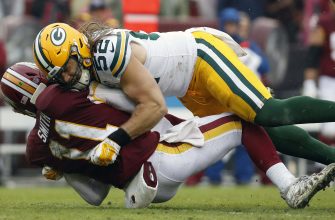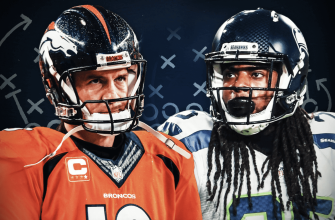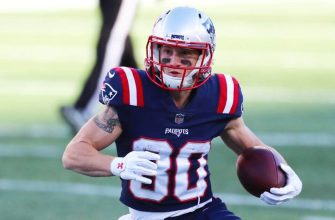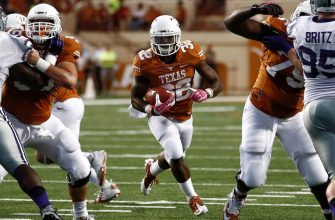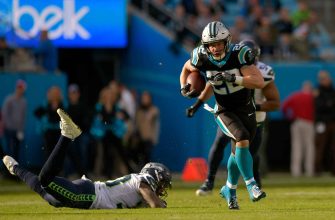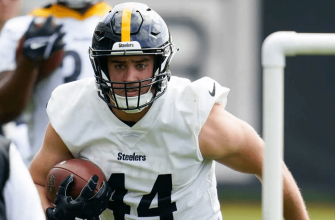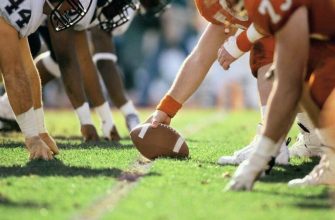Football is a gripping sport that has millions of fans. To comprehend it better, you need to grasp the terms used by pros. One such term is DNP – what does DNP mean in football? Let’s find out!
DNP stands for “Did Not Play“. This acronym means that a player was absent from a game or match. It could be due to injury, coach’s decision, or something else. Knowing this helps you understand team strategies and each player’s role.
DNP carries more heft than just its simple definition. Fans may ask why their fave’s name is absent when they see it next to their name on the team list. If key players are out due to injury, it can massively alter the team’s performance and dynamics.
Also, tracking DNPs throughout a season helps you see how often individuals are absent from games and what it implies for the team.
Pro Tip: Keep a watch on DNPs for fantasy football and betting decisions – it’s insightful info about player availability and impact on upcoming matches.
Definition of DNP in Football

DNP stands for “Did Not Play,” which indicates a player did not take part in a game or match. Reasons could be injury, coach’s call, or discipline.
The player was on the roster but didn’t play. It’s a difficult situation for the athlete and team since everyone wants to show their stuff.
Coaches could give players a DNP if it’s needed for team strategy or they want to rest an injured player. Sometimes, young or inexperienced players get DNPs as part of their learning process.
To avoid this, athletes should do well in practice and act professionally. Coaches like those who showcase skills, teamwork, and versatility. By meeting these expectations, players can increase their chances of playing.
Also, athletes should talk to coaches about any physical issues or worries. By being open, they can work together and find a solution.
Even if they get a DNP, athletes should stay positive. This mindset will help them stay motivated and ready for future opportunities.
Reasons for a Player Being Listed as DNP
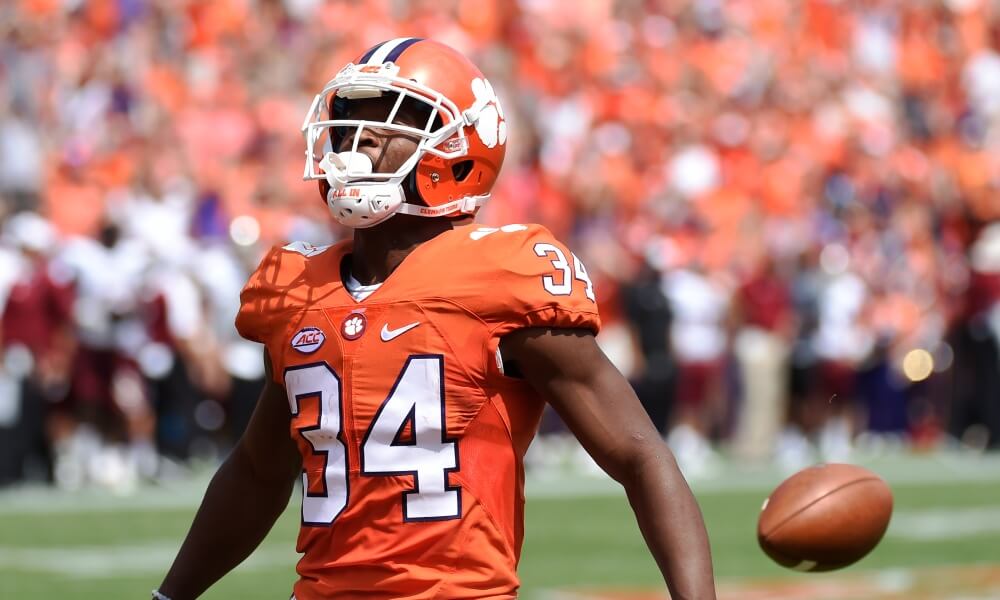
DNP in football can mean a lot of things. From injuries to strategic decisions, there are various reasons a player might be listed as DNP.
Injury: They may be injured and unable to play.
Tactical Decision: The coach may choose not to put them in the game for reasons such as the opponent’s style of play.
Rest: The team may rest a key player to prevent fatigue or reduce injury risk.
Suspension: A player may be suspended due to disciplinary reasons.
Each situation is unique – the team and players all play a role. So when you see DNP next to a player’s name, there could be many explanations.
Take the time to understand what’s happening – it will give you a deeper appreciation of football. And you won’t want to miss out on any of the exciting moments or developments!
Impact of DNP on a Player’s Career
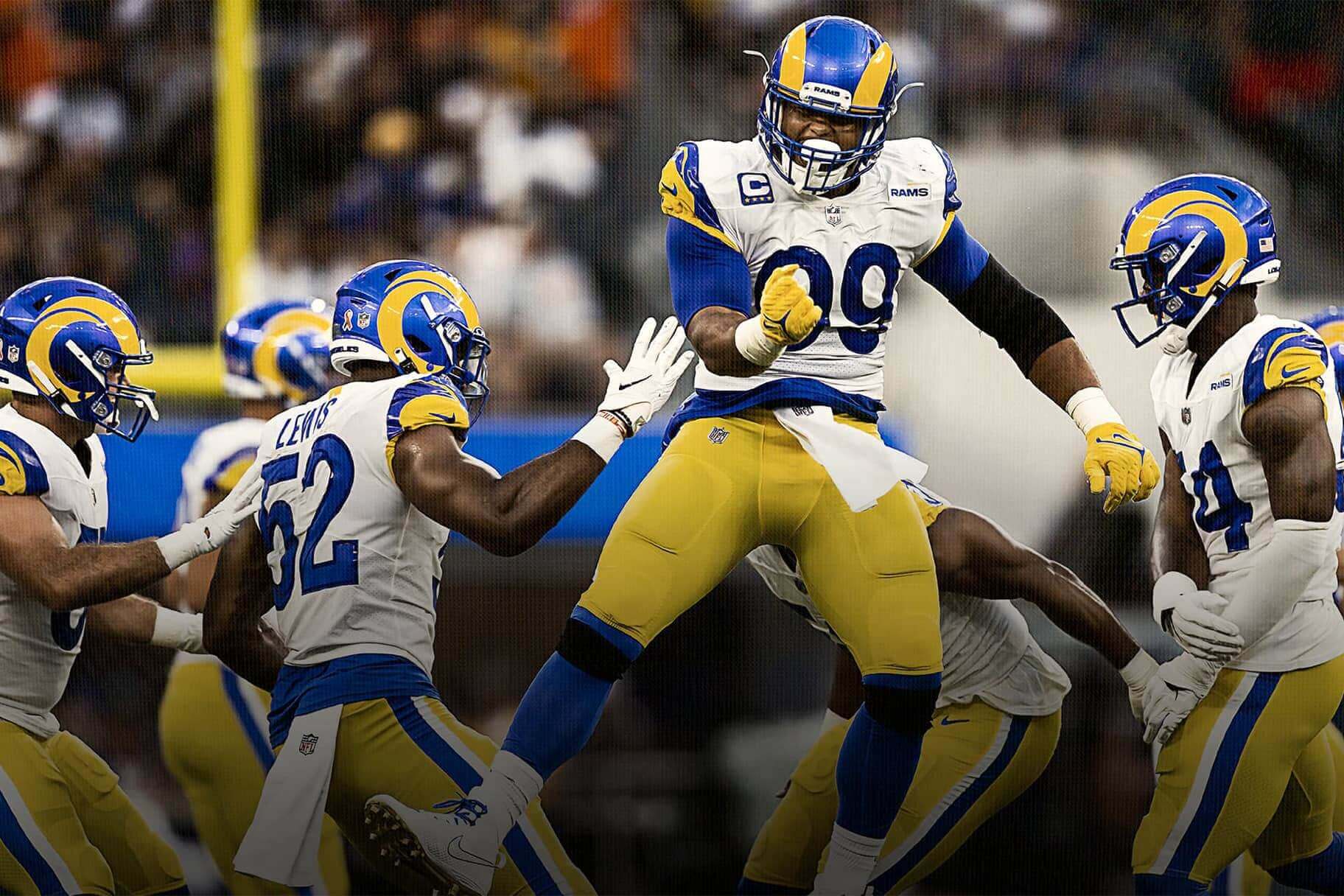
When a football player is DNP (Did Not Play) on the roster, it can have major consequences for their career. Let’s explore how this influences them professionally.
| Impact of DNP on a Player’s Career | ||
| Column 1: Missed Playing Time | Column 2: Lack of Skill Development | Column 3: Decreased Opportunities |
| Column 4: Lowered Confidence | Column 5: Trouble Getting Signed | Column 6: Limited Recognition and Exposure |
If a player is listed as DNP, they miss out on playing time. This means they don’t get the chance to develop their skills. It also limits their opportunities to show off their abilities and sign better contracts.
Plus, when DNP is frequent, it can dent their confidence. Confidence is key in sports. Without regular playing time, doubts may come up about their performance level. This lack of self-belief can reduce their chances of signing contracts or getting noticed in the industry.
Pro Tip: To minimize the effect of DNP, work on improving your skills and staying ready for chances. Stay driven and show off your talents in practice sessions to catch the attention of coaches and scouts. Don’t let DNP stop you from achieving fame!
Examples of Famous Players with DNP
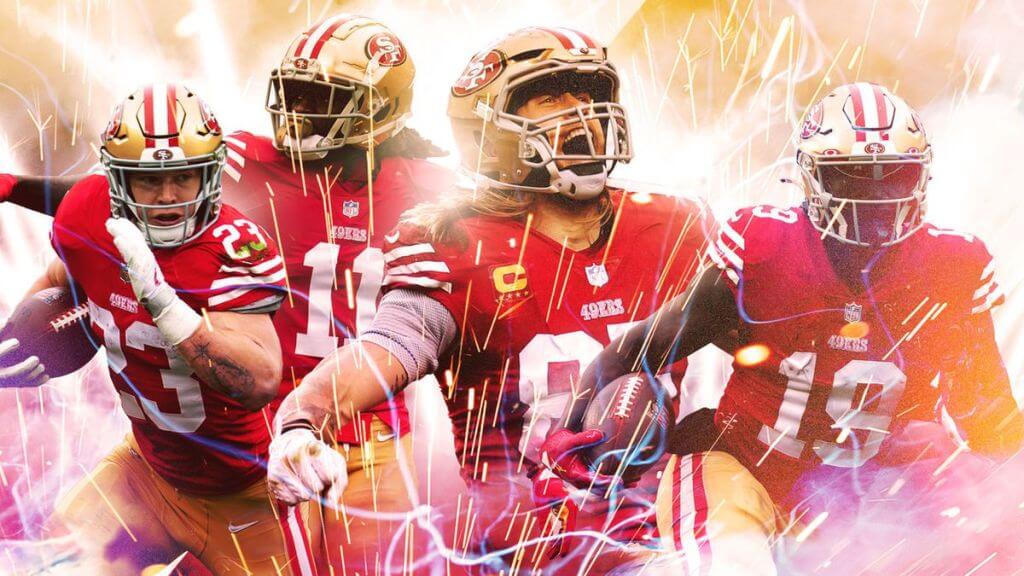
Tom Brady: Regarded as one of the greatest quarterbacks, Brady encountered a DNP situation due to an injury during a pivotal game, leaving his team and fans disheartened.
Aaron Rodgers: Even the remarkable Rodgers hasn’t been immune to DNPs – whether resulting from strategic decisions or minor injuries, he has experienced it in his career.
Russell Wilson: Wilson, too, has faced DNP instances in his career, whether due to suspension or injury.
Patrick Mahomes: This talented quarterback has also had his share of DNPs – occasionally, he has been sidelined due to injuries or rotation policies.
It’s crucial to acknowledge that DNPs are influenced by various factors.
NFL players, irrespective of their experience level, encounter DNPs.
Historical data reveal that DNPs are not a rarity. Many famous players have dealt with them.
In NFL, a DNP is akin to being stranded on the sidelines without the opportunity to play.
Strategies to Avoid DNP Status
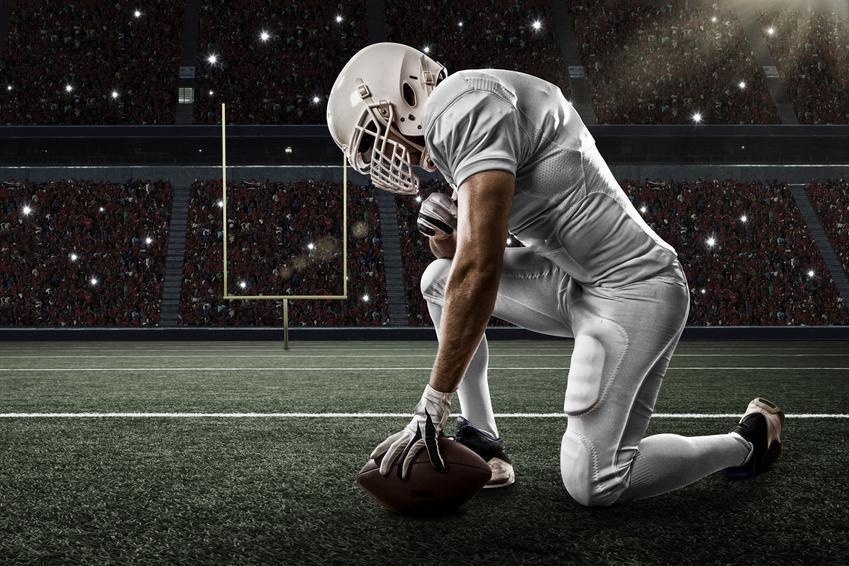
To dodge a DNP status in football, employ some effective strategies. These will help you stay on the field and boost your success.
- Stay physically fit. Do strength and conditioning exercises regularly to build stamina and endurance. This will let you perform well during training and matches, so you won’t get sidelined due to lack of fitness.
- Show your dedication and commitment to the team. Attend every practice and put your best into drills. Coaches appreciate players who work hard, so it can really help you get playing time.
- Refine your skills and knowledge of the game. Train to boost your technical abilities and study tactics and strategies, both as an individual and as a team. The more well-rounded you are, the more valuable you become to the team, decreasing the chances of being benched.
- Communicate with your coach. Ask for feedback on areas you need to improve. This shows you’re eager to learn and makes you a proactive member of the team.
Pro Tip: Consistency is key to avoiding DNP status. Follow these strategies consistently throughout the season to get the most out of your playing time.
Importance of Health and Fitness in Preventing DNP
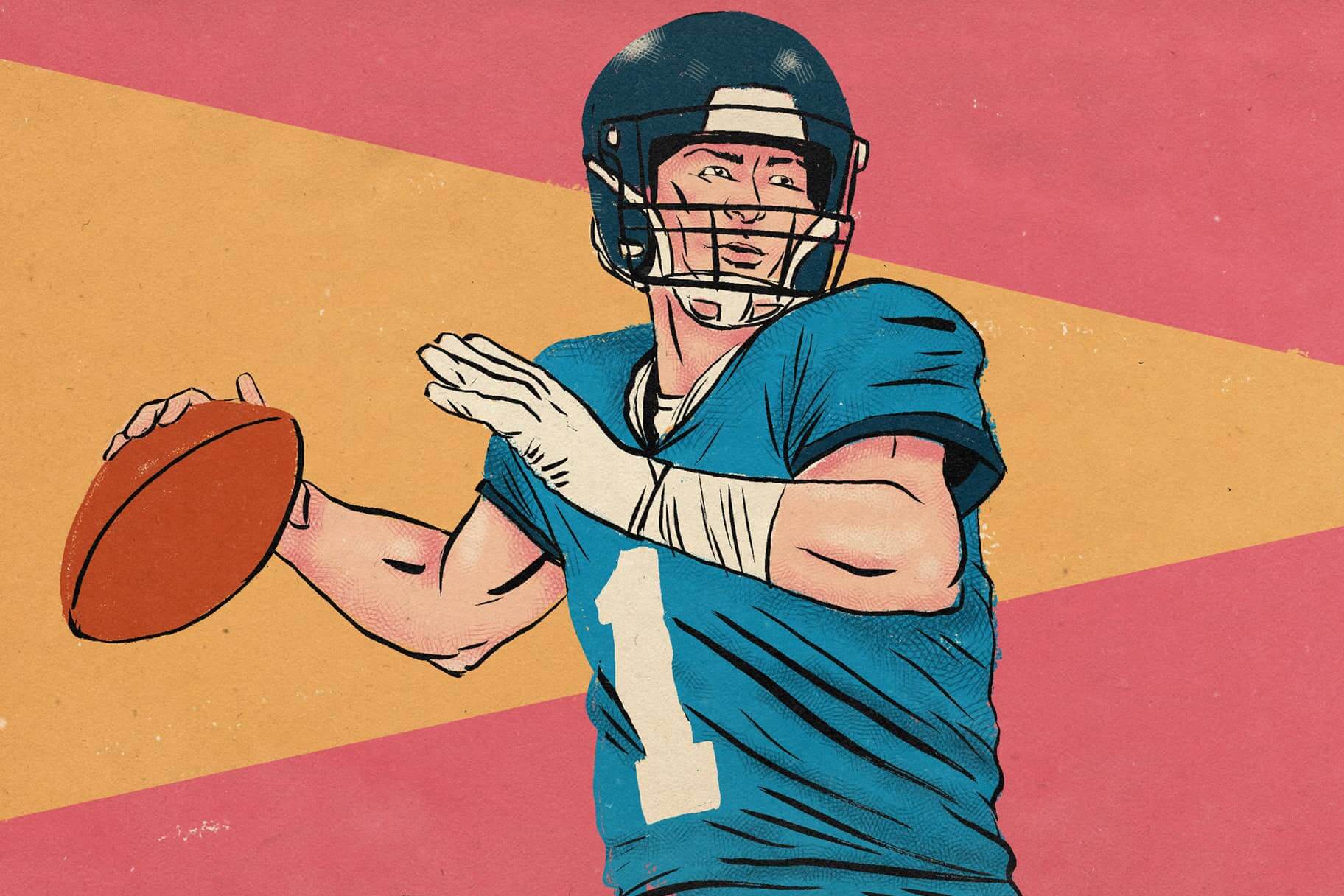
The importance of health and fitness to stop DNP cannot be ignored. By taking care of physical well-being, athletes can prevent being marked as “Did Not Participate” (DNP) due to injuries or illnesses.
See the following table to understand the effect of factors on DNP:
| Factors | Effect on DNP |
| Injuries | Directly leads to DNP |
| Poor conditioning | Rise risk of injuries and illnesses |
| Lack of flexibility | Hinders performance and increases injury risk |
| Nutrition deficiencies | Weakens immune system and delays recovery times |
It is also vital to realize the additional information on health and fitness to avoid DNP. Adequate sleep and rest are important to reduce the chances of injuries. Sleep helps athletes to recharge their energy, aids tissue repair and improves cognitive function.
Furthermore, let’s look at a real story to understand this concept better. Meet John who was an expert football player but ignored his physical health due to a tough training routine. Consequently, he had many muscle strains and could not take part in important games. Once he understood the need for fitness, John faced fewer injuries and his performance improved.
By emphasizing on the importance of health and fitness to avoid DNP, players and coaches can make sure that players remain at their peak level by avoiding any unplanned absences due to illness or injury. With proper training, rest and nutrition, athletes can reduce the chance of being listed as DNP and maximize their contribution to the team’s success.
To end this article, here is a final thought – DNP in football stands for ‘Did Not Play (and probably ate too many donuts)’. Your waistline may have to bear the consequences but at least you’ll have a good excuse!
Frequently Asked Questions
Q: What does DNP mean in football?
A: DNP stands for “Did Not Play” in football.
Q: Why would a player have a DNP in their stats?
A: A player may have a DNP in their stats if they did not participate in a particular game due to injury, suspension, or the coach’s decision.
Q: How is DNP different from “Injured Reserve” or “IR”?
A: DNP simply means the player did not play in a specific game. Injured Reserve or IR means the player is out for an extended period of time due to injury and cannot participate in any games for a designated amount of time.
Q: Can a player have DNP in their stats for an entire season?
A: Yes, a player can have a DNP for an entire season if they do not play in any games for the entire duration of the season.
Q: How does DNP affect a player’s contract or future prospects?
A: It could potentially affect a player’s contract negotiations or future prospects if they consistently have DNP in their stats, as it may indicate a lack of ability or reliability.
Q: Is DNP a negative or positive stat for a player?
A: Generally, DNP is considered a negative stat for a player as it indicates they did not have the opportunity to contribute to their team in that particular game.
Conclusion
It’s clear that “DNP” stands for “Did Not Play“. It’s when a player can’t be part of a game or match. Reasons for a DNP can be injury, coach’s choice, or other things.
When a player gets a DNP, it means they can’t help their team win. This can be tough for both the player and fans, as they may have wanted to watch their favorite athlete. But there are many reasons why a player can’t play.
To avoid DNPs, players should stay fit and look after their bodies. Exercising and eating right can lower the chance of injuries and help with performance. Players should also talk to coaches and medical staff about any issues or limits.
Coaches are important too. They need to speak with players and know their fitness levels. This is so coaches can make the correct decisions on playing time and avoid injuries.
Though DNPs can be hard for players and fans, they are part of football. By keeping fit and communicating, DNPs can happen less, so everyone can do better on the field.


